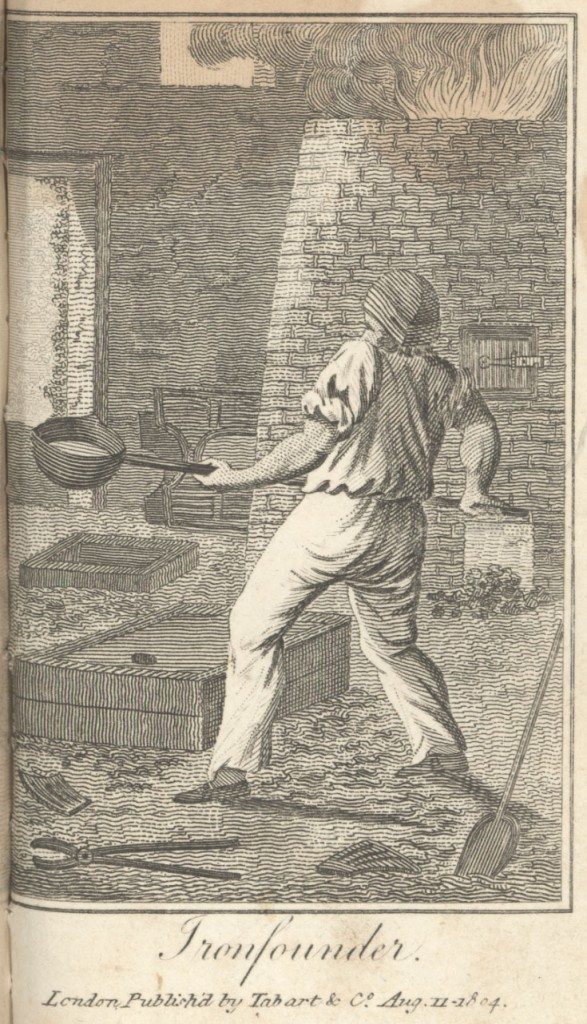The Cyclops: Addressed to the Birmingham Artisans, Anonymous
Image: Ironfounder, The Book of Trades or Library of Useful Arts, Part II, third edition (London Tabart and Co, 1806).
Image from: Science, Technology and Management, Birmingham Central Library
……… Vulcan …… His skill exerted …
And with new arms the victor God supply’d.
What skill the sooty artist has reveal’d
…………
Red metal flames, the roaring bellows blow;
Resounding deep at once the blast expires,
And twenty forges catch at once the fires:
Now like a tempest loud, now gentle, …
In hissing flames …
Th’ eternal anvils deeply fix’d behold!
…………
Taught by the God, the mimic tribe below
For meaner use their sweaty toil bestow;
…………
Nor for convenience only are essay’d
The several labours of the swarthy trade;
…………
Did the god-founder of this art design,
And prove the craft a faculty divine.1
Polypheme
This anonymous poem was printed in the March 1738 edition of the monthly, London-based Gentleman’s Magazine. The eighteenth century was part of that period during which Latin and Greek usually formed part of the university and school curriculum for boys whose families could afford such education. One effect of this was the use, in many poems, of classical references. The nom-de-plume at the end of this poem is ‘Polypheme’. The Polyphemus of Classical mythology was a Cyclops, a one-eyed giant, whose home was Etna, the volcano on the east coast of Sicily.
The second verse-paragraph relates how the smith-god, Vulcan, whose forge was beneath Etna, made new weapons for Jove, and so enabled him to defeat and displace the Titans. Then follows praise for the metal-worker, the ‘sooty artist’, who made the hero Achilles’s shield, and praise for the original ‘lofty song’ in which the shield was described. Next we are given an impression of the heat and noise of a forge.
In the second half the poet writes of more mundane metal objects made by humans: the domestic ‘swift-jack’ and ‘spit’; ‘various implements’ for the builder and mechanic; weapons (again); ‘the anchor’; agricultural tools. The last category of manufactures is for personal adornment: ‘the ring’; ‘buckle glitt’ring’; earrings; and ‘locket pendant’. The smith’s work touches many areas of life.
This poem begins with the Classical gods, then ‘descends’ to contemporary, mortal metal-working, in which those of ‘the swarthy trade’ endure ‘sweaty toil’. Yet the final line insists that this craft, practised by ‘the Birmingham Artisans’, is ‘a faculty divine’.
1 Anonymous, The Cyclops, Addressed to the Birmingham Artisans, page 159, The Gentleman’s Magazine,
London, March, 1738.
Continue browsing this section
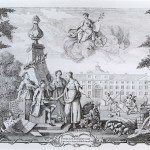 Poetry and the Industrial Revolution in the West Midlands c. 1730-1800
Poetry and the Industrial Revolution in the West Midlands c. 1730-1800
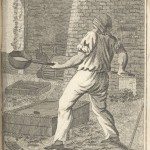 The Cyclops: Addressed to the Birmingham Artisans, Anonymous
The Cyclops: Addressed to the Birmingham Artisans, Anonymous
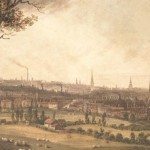 A Letter from a Mechanick in the busy Town of Birmingham, to Mr. Stayner, a Carver, Statuary, and Architect, in the sleepy Corporation of Warwick
A Letter from a Mechanick in the busy Town of Birmingham, to Mr. Stayner, a Carver, Statuary, and Architect, in the sleepy Corporation of Warwick
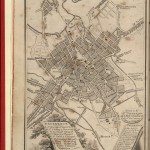 Answer to Dardanus’s
Answer to Dardanus’s
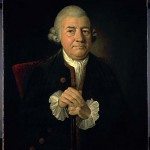 Industry and Genius; or, the Origin of Birmingham. A Fable
Industry and Genius; or, the Origin of Birmingham. A Fable
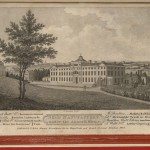 Labour and Genius: or, the Mill-stream, and the Cascade. A Fable
Labour and Genius: or, the Mill-stream, and the Cascade. A Fable
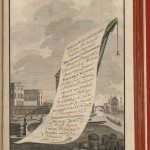 Inland Navigation, An Ode. Humbly Inscribed to The Inhabitants of Birmingham, And Proprietors of the Canal
Inland Navigation, An Ode. Humbly Inscribed to The Inhabitants of Birmingham, And Proprietors of the Canal
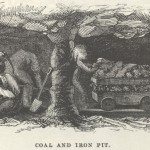 Edge-Hill: a Poem, in four Books
Edge-Hill: a Poem, in four Books
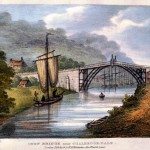 Colebrook Dale
Colebrook Dale
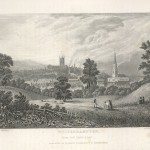 The Life and Lucubrations of Crispinus Scriblerus
The Life and Lucubrations of Crispinus Scriblerus
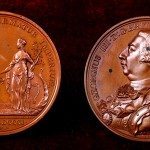 The Botanic Garden, Erasmus Darwin
The Botanic Garden, Erasmus Darwin
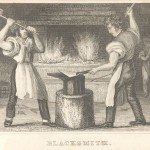 Ramble of the Gods through Birmingham. A Tale, James Bisset
Ramble of the Gods through Birmingham. A Tale, James Bisset
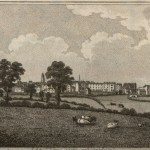 Rural Happiness. To a Friend and Moonlight: in the Country
Rural Happiness. To a Friend and Moonlight: in the Country



